The True Cost of Food
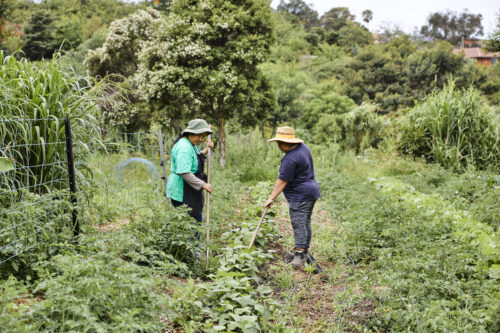 I recently spoke with Rod Logan, who is the Market Garden Coordinator at the Green Connect Farm, and I haven’t been able to get the conversation out of my mind. In discussing the rising cost of living and how organic produce is inaccessible to so many, Rod said, “A lot of people think that organic produce it too expensive, but it’s actually conventional produce that is too cheap.”
I recently spoke with Rod Logan, who is the Market Garden Coordinator at the Green Connect Farm, and I haven’t been able to get the conversation out of my mind. In discussing the rising cost of living and how organic produce is inaccessible to so many, Rod said, “A lot of people think that organic produce it too expensive, but it’s actually conventional produce that is too cheap.”
Do the price tags at the grocery store reflect the true cost of growing food? They may cover the cost of the farmer’s time and equipment, transport of goods, and retail to the customer, but the real cost of our food is much greater than that when we consider the long-term environmental and social costs.
Healthy soils and the biodiversity they support have taken millennia to build. But modern industrial agriculture, and the way it has grown around maximum yield and profit, can exhaust these natural riches in generations.
As costs for farmers increase faster than how much they can sell their produce for, they are incentivised to find fast solutions to grow more with less. They buy bigger machinery to reduce reliance on expensive labour. They use chemical pesticides, herbicides, and fungicides to grow bigger monoculture crops. They rely on more and more chemical fertilisers to feed crops as soils become depleted.
The environmental costs of modern farming are not being paid by today’s consumers. They are being passed on to future generations, who will be forced to pay for them one way or another.
The good news is that there are other ways to grow and distribute food. Permaculture-based, regenerative, and organic farming is designed to rebuild and nurture healthy agroecosystems, by giving more to the soil than we take. Like a strong investment fund, these holistic practices aim to allow us to live off the interest instead of depleting the capital.
This is a hugely complex topic and one that requires much more attention, study and discussion from governments, businesses, and consumers alike to ensure that everyone, regardless of circumstance, has access to fresh, healthy food that doesn’t cost the earth.
As more people become aware of the issues and make the best decisions they can given their circumstances, hopefully we will see a shift towards more local, small-scale, regenerative food systems. At Green Connect, with your support, we are proud to be doing our part.
Lindsay Burlton
Fair Food Coordinator
In your box on Tuesday 8 November:

In your box on Tuesday 1 November:
Note: We sometimes need to make changes to what we pack in your veg box based on the quantity or quality of produce that we can harvest and source. If you have any questions about what is in your box, don’t hesitate to contact us at [email protected].
Feature Veg: Fennel, Chinese Celery & Leek
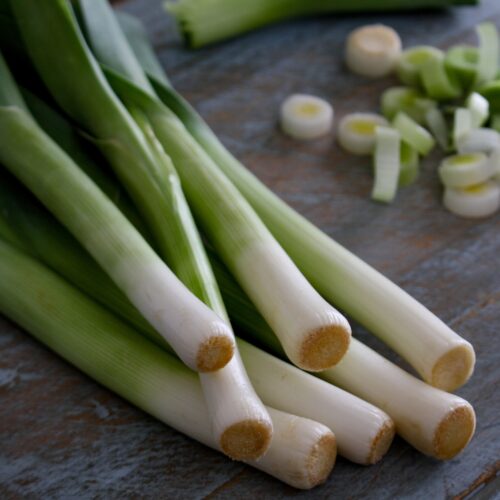 Leeks are members of the onion family and have a sweet, mild, onion-y flavour. They can be used in place of onions or shallots in most recipes and are great in soups, stews, pastas, risottos, and more! They can also be grilled or roasted on their own to create a delicious side dish. Leeks last up to 2 weeks in the veggie crisper in the fridge and should be cut and washed well before cooking. For more information & for recipe suggestions, check out https://green-connect.com.au/produce/leek/
Leeks are members of the onion family and have a sweet, mild, onion-y flavour. They can be used in place of onions or shallots in most recipes and are great in soups, stews, pastas, risottos, and more! They can also be grilled or roasted on their own to create a delicious side dish. Leeks last up to 2 weeks in the veggie crisper in the fridge and should be cut and washed well before cooking. For more information & for recipe suggestions, check out https://green-connect.com.au/produce/leek/
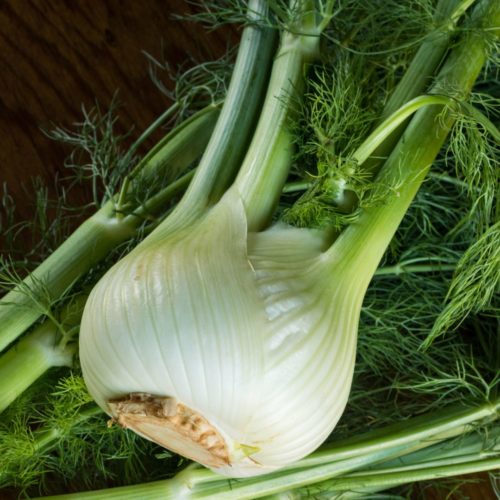 Fennel: A relative of carrots and celery, fennel is known for its large white bulb, feathery leaves, and aromatic aniseed flavour. The bulb can be shredded in salads, sautéed or roasted as a side dish, or cooked into soups and sauces. The fronds can be added to salsas, stocks, dressings, dips, eggs, roast veggies, seared meats and more. For more information & for recipe suggestions, check out https://green-connect.com.au/produce/fennel/.
Fennel: A relative of carrots and celery, fennel is known for its large white bulb, feathery leaves, and aromatic aniseed flavour. The bulb can be shredded in salads, sautéed or roasted as a side dish, or cooked into soups and sauces. The fronds can be added to salsas, stocks, dressings, dips, eggs, roast veggies, seared meats and more. For more information & for recipe suggestions, check out https://green-connect.com.au/produce/fennel/.
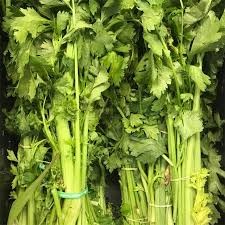 Chinese Celery, also known as leaf celery or golden celery, is cultivated in East Asian countries for its thin, crunchy stems and fragrant leaves. Though some find the flavour too strong to eat it on its own, the leaves and stems can be finely chopped to use in salads, soups, stews or stir-fried rice and noodle dishes.
Chinese Celery, also known as leaf celery or golden celery, is cultivated in East Asian countries for its thin, crunchy stems and fragrant leaves. Though some find the flavour too strong to eat it on its own, the leaves and stems can be finely chopped to use in salads, soups, stews or stir-fried rice and noodle dishes.


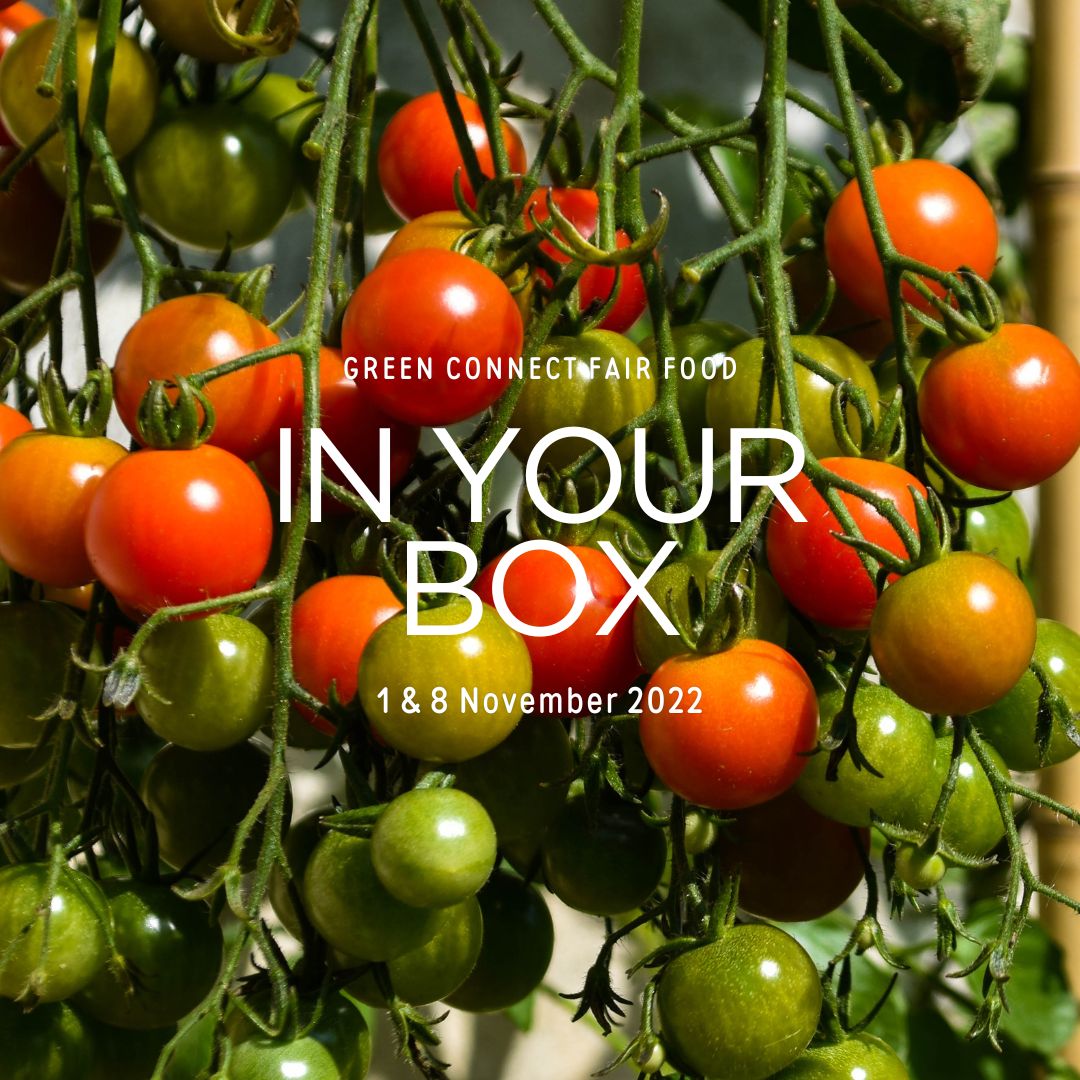

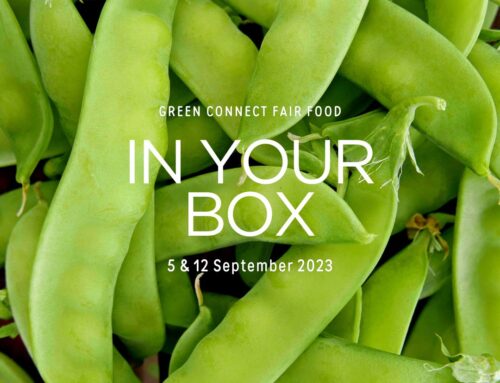
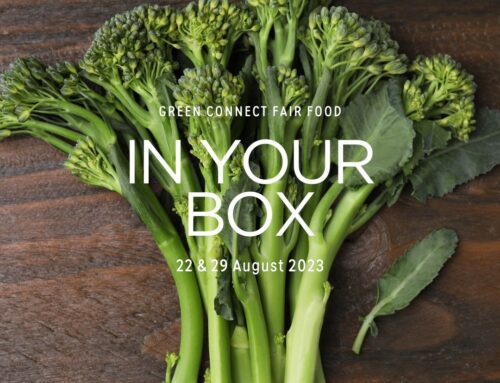
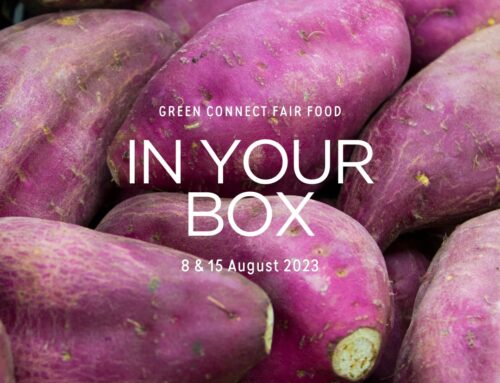
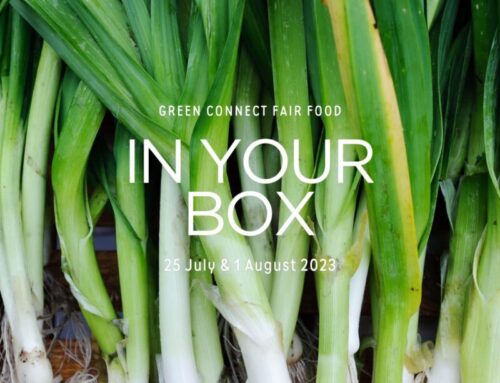
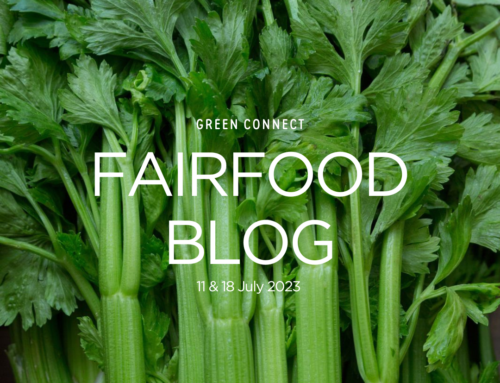
Leave A Comment
You must be logged in to post a comment.